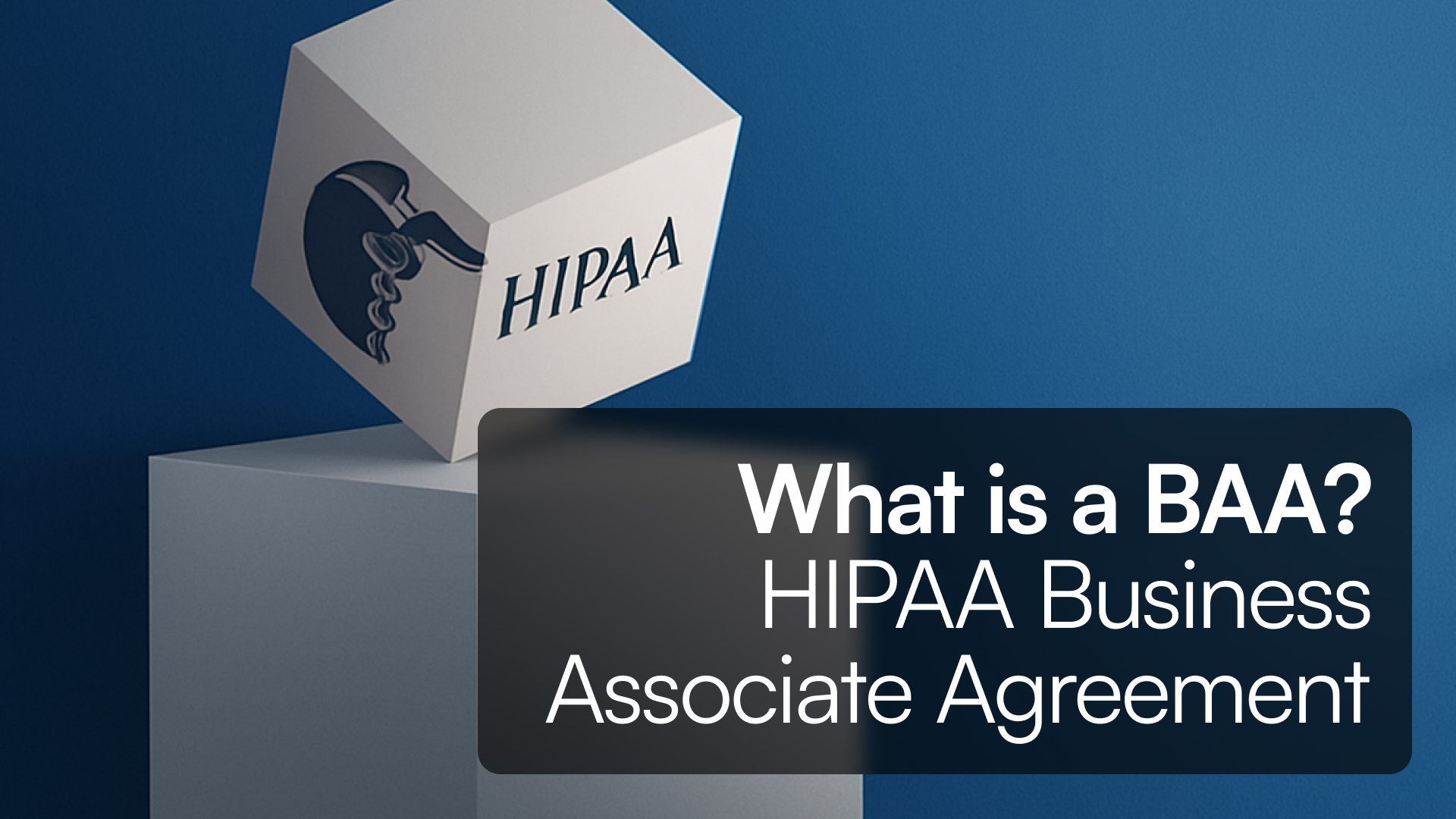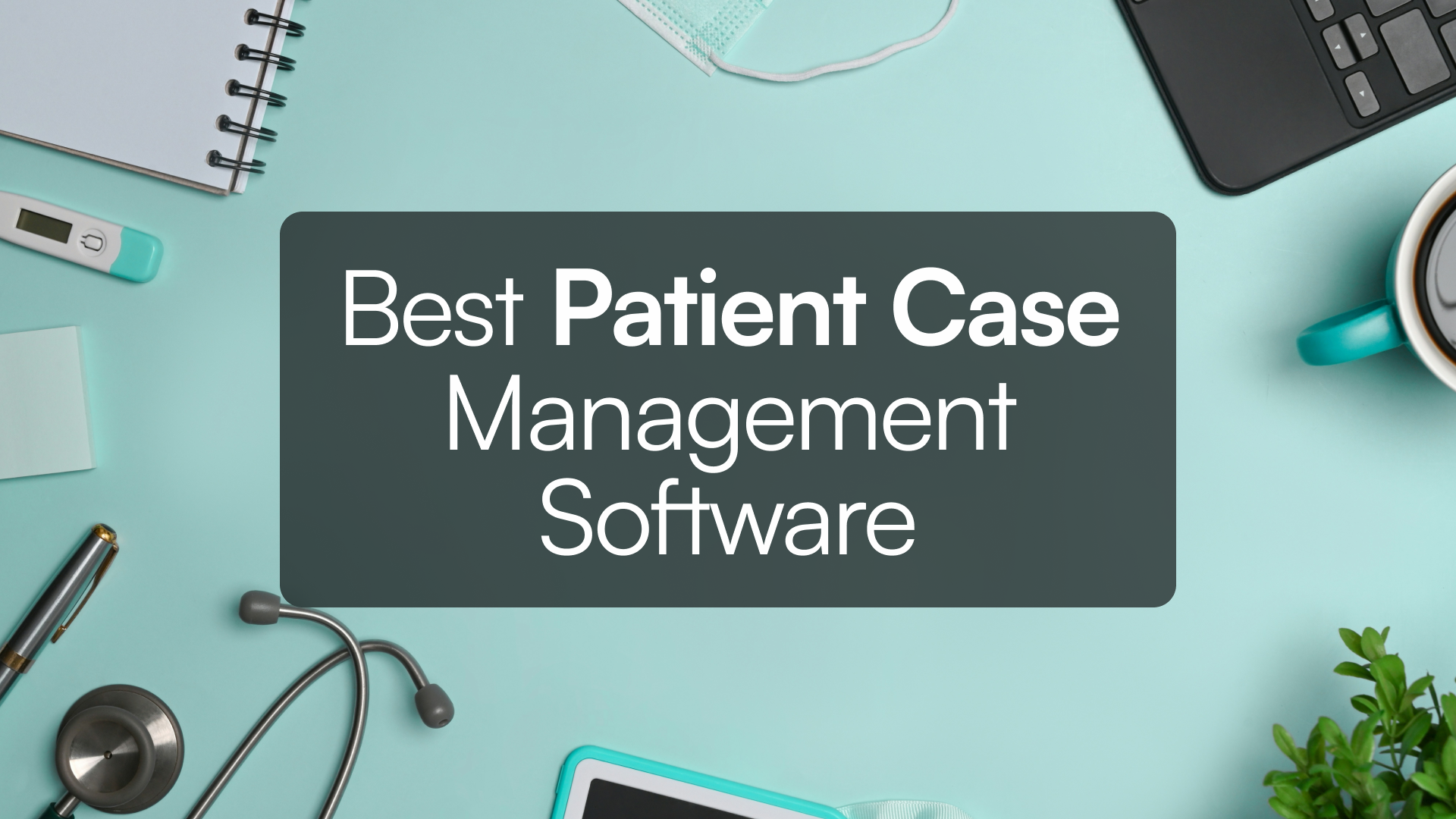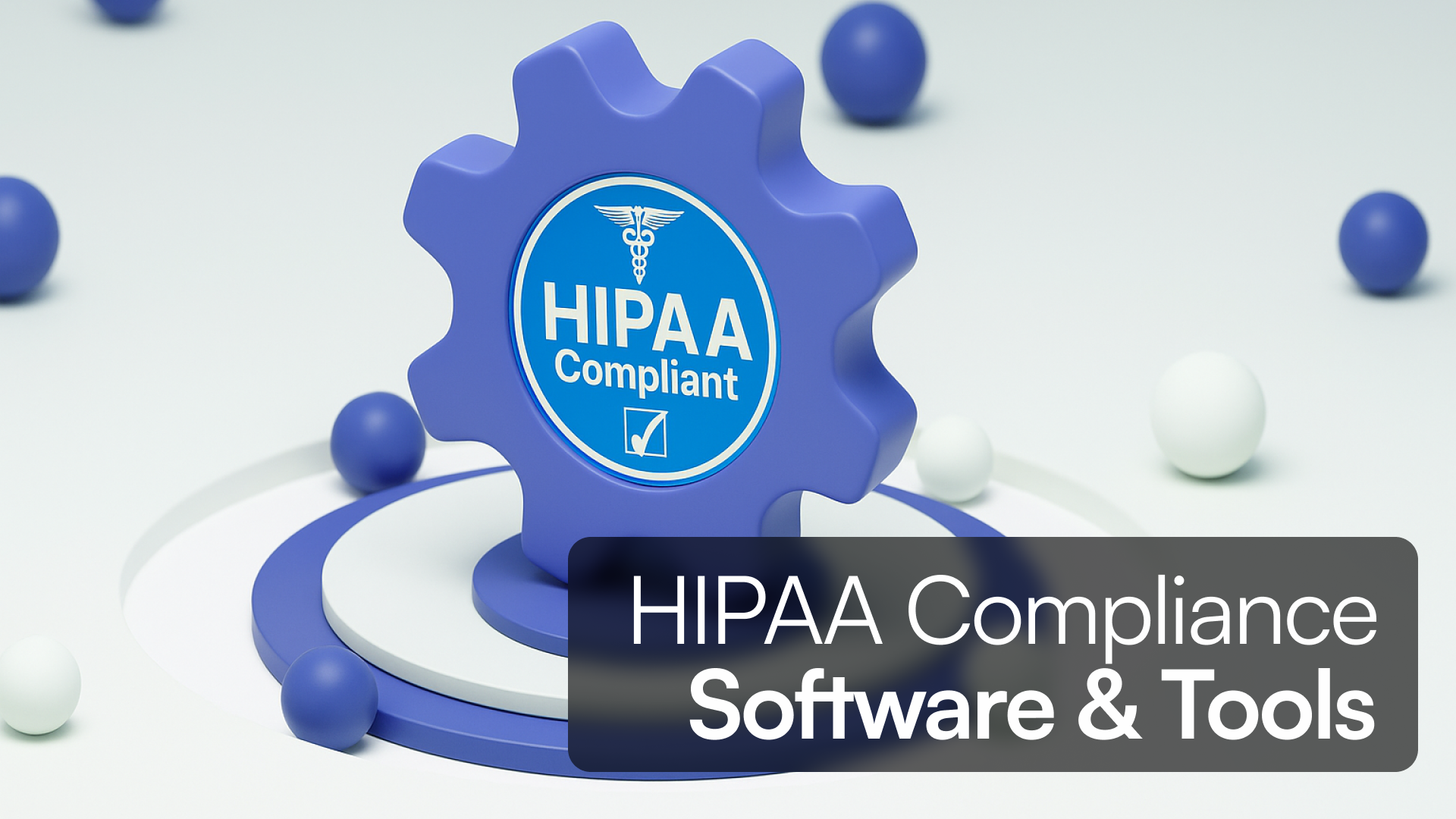TL;DR: A BAA is a HIPAA-required contract between a covered entity and any third party that accesses PHI on its behalf. It ensures legal compliance, data security, and accountability. Tadabase not only provides a compliant BAA but delivers a complete HIPAA-ready database infrastructure.
Introduction
If your organization handles patient data, whether you're storing intake forms, managing billing, or syncing with a third-party system, you’re legally responsible for more than just keeping things “secure.” You need a signed Business Associate Agreement (BAA) for every vendor that touches PHI. Without it, even encrypted data can land you in serious trouble.
This isn’t about bureaucracy; it’s about defining responsibility in the PHI chain of custody. A well-written BAA is like a seatbelt: you hope you never need it, but when something goes wrong, it’s the first thing that gets inspected.
In this guide, we’ll explain what a BAA is, who needs one, what it must include, how to avoid common pitfalls, and how Tadabase goes far beyond form templates to support real HIPAA compliance.
What is a BAA?
Imagine entrusting someone with the keys to your house; not because you want them to live there, but because you’ve hired them to fix your plumbing. You expect them not only to do the job, but to respect the privacy of your space, avoid snooping, and lock up when they leave. A Business Associate Agreement (BAA) is that legal key for healthcare data.
Under the Health Insurance Portability and Accountability Act (HIPAA), a BAA is a mandatory contract between a covered entity (like a hospital or clinic) and a business associate (like a billing service, cloud vendor, or IT provider) who handles Protected Health Information (PHI) on their behalf. This contract ensures that PHI is accessed, used, and disclosed securely and lawfully.
It’s not just a formality—it’s a legal shield. Without one, both parties could face serious HIPAA penalties—even if no data breach occurs.
Covered Entity vs. Business Associate
| Role | Example | Handles PHI? | Needs a BAA? |
|---|---|---|---|
| Covered Entity | Hospital, clinic, health insurer | Yes | Yes (with BAs) |
| Business Associate | IT vendor, billing provider | Yes | Yes (with CE and subcontractors) |
| Subcontractor (BA) | Cloud host for BA services | Yes | Yes (with BA) |
| Mere Conduit | USPS, FedEx, bank transaction | Temporarily | No |
Who Needs a BAA?
A BAA is required any time PHI is shared with a third party performing services on behalf of a covered entity. This includes:
-
Cloud software providers (like Tadabase when storing PHI)
-
Medical billing firms
-
IT consultants and managed service providers (MSPs)
-
EHR or database platforms
-
Law firms with access to PHI for litigation or compliance
-
Data destruction or shredding companies
Important: Even if PHI is encrypted and the vendor has "no view" access, a BAA is still required if the vendor has persistent access to systems storing PHI (source).
When Is a BAA Not Required?
There are narrow exceptions where a BAA is not required:
-
PHI disclosure for treatment (e.g., a physician refers a patient to a lab)
-
PHI shared with patients directly
-
Postal services, couriers, and financial institutions acting as "mere conduits"
What Should a BAA Include?
A HIPAA-compliant BAA must spell out:
-
Permitted Uses and Disclosures
-
Safeguards — Administrative, physical, and technical protections
-
Breach Notification Protocol
-
Access Support for patient rights
-
Subcontractor Compliance
-
PHI Return or Destruction
-
Audit and Enforcement Clauses
Common BAA Mistakes
-
Signing a BAA without verifying safeguards
-
Using outdated or vague templates
-
Failing to update BAAs when services or tools change
-
Not extending BAA terms to subcontractors
Case in Point: OCR fined a health system $1.5M because their cloud backup vendor didn't have a signed BAA—even though no breach occurred.
How Tadabase Makes BAA Compliance Easy
Tadabase offers more than a signed BAA; we provide a full HIPAA-compliant ecosystem:
-
Built-in audit logs, session tracking, and encryption
-
Role-based access and granular permissions
-
Configurable PHI-safe infrastructure
-
Full HIPAA BAA with every healthcare-tier plan
Why Tadabase > Template BAAs
Most platforms offer boilerplate BAAs with minimal enforcement. Tadabase couples the contract with:
-
Real-time monitoring
-
Admin controls
-
Customizable safeguards
-
Team-wide HIPAA training guidance
Imagine This...
Let’s say your clinic uses Tadabase to manage patient intake forms, appointment scheduling, and billing. As part of that, you store names, insurance info, and diagnoses, all PHI.
Tadabase signs a BAA with you, implements strict technical controls, and provides automated audit logs. You also ensure your billing provider signs a BAA. Now your compliance chain is complete, auditable, and aligned with HIPAA requirements.
How to Vet a BAA Provider
Before signing a BAA with a vendor:
-
Request their risk assessments, certifications, or audit reports
-
Confirm subcontractor flow-down clauses exist
-
Review their incident response protocol
-
Ensure the right to terminate if noncompliant
Frequently Asked Questions
Is a BAA the same as a Data Processing Agreement (DPA)?
No. A DPA covers GDPR; a BAA covers HIPAA. You may need both if you store or process health data in multiple jurisdictions.
Can I use a BAA template from the internet?
Only as a starting point. Every BAA must reflect your specific use of PHI, services, and responsibilities. A generic template without customization puts you at risk.
Does my cloud software vendor need a BAA if data is encrypted?
Yes—if the vendor has persistent access to PHI, even if encrypted, a BAA is still required.
What happens if I don’t have a BAA and there’s no data breach?
You can still be fined. The absence of a BAA itself is a HIPAA violation regardless of whether PHI is exposed.
How long should I retain BAAs?
At least six years from the date of creation or the date it was last in effect—whichever is later.
What’s the difference between a BAA and an NDA?
An NDA protects confidential business information, but it’s not HIPAA-compliant. A BAA addresses federal privacy and security requirements for handling PHI.
Can Tadabase provide a signed BAA before onboarding?
Absolutely. We provide our standard BAA for review and countersignature before any PHI is stored.
Conclusion
A BAA isn’t optional. It’s the contract that upholds the trust, security, and legal responsibility between healthcare providers and their vendors. From safeguarding PHI to clarifying obligations, a well-drafted BAA is the backbone of HIPAA compliance.
With Tadabase, you don’t just check the BAA box, you gain a PHI-safe infrastructure designed to support real-time data handling, secure user access, and audit-ready workflows.
Start building with Tadabase today and remove the guesswork from HIPAA.
Helpful Resources







